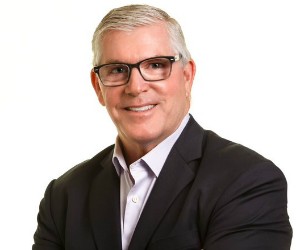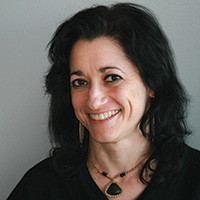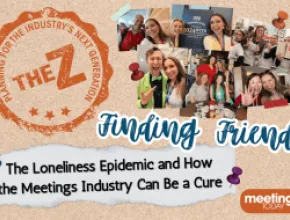Meetings Today Destinations Content Director Marlene Goldman sat down with Destinations International President & CEO Don Welsh during its 2018 Annual Convention in Anaheim held July 10-13, 2018, to find out how the organization is helping DMOs adapt to the next generation of meeting planners, and the challenges DMOs face in areas such as destination boycotts and the “weaponization of travel.”
MT: What are the biggest challenges facing DMOs today?
Don Welsh: I think in some cases they are the unpredictable challenges coming their way, whether they are natural disasters, terrorism, financial, political—above and beyond the normal core responsibilities they have for their markets. These things we’re hearing loud and clear.
They want us to develop programs and products almost like you would pull off the shelf in the event you have these non-reoccurring challenges.
MT: Are there programs being developed?
Welsh: There are, and those are really coming under the direction of Jack Johnson, who is leading our advocacy and research group, which is funded by the [Destinations International] Foundation.
We identified the mission of the Foundation and how it supports the role of the association, and it’s in terms of the weaponization of travel, a term Jack came up with a couple of years ago. You start looking at what prompted that and it was really House Bill 2 (HB2) in North Carolina that was eventually called the Bathroom Bill that then led to cancellation of meetings and sporting events and festivals. So in essence, legislators used that bill directly to penalize and hurt the industry. We’ve seen it elsewhere.
…And in many cases these are social issues. They are very important issues without a doubt, but in many cases you’re holding the industry that’s most important for their economies—Including jobs and economic impact—you’re holding that industry directly or indirectly hostage.
I sat through some sessions the other day, and it’s not always a crisis response; it is as simple as when you decide to go after bidding on a major sports events for example, how a destination should look at it from financial expectations … what are realistic returns on the economic piece, room nights, jobs, those elements. That’s something we’re going to take a look at expanding in our event calculator.
I think the challenges of having data and research in a real-time manner, or having best practices, that’s something that we’ll clearly be able to build on and add it to our portfolio.
MT: What differences are you seeing with the new generation in meeting planning?
Welsh: We’ve had some research done by Destinations Analytics which was really an awakening and a call to action for our members to look at where is the next generation, what are the current demands of the next generation in terms of what does a meeting look like, how is the city going to best support it from the development to the actual execution of the meeting.
This is absolutely a core strategy that we’re embarking on now.
In my generation, you would go in and do a site inspection. Traditionally, a site inspection, whether I was on the hotel side or the destination side, you go in and see multiple hotels, of course you go in and see the convention center. Colleen Phalen [Executive Vice President of Program Development and Meetings at Destinations International] attended a meeting last year in Seattle where in her three days there with all these top industry leaders they didn’t see one hotel, because they’re assumed. It was an eye opener.
I think it’s saying, yeah, everybody has a building, everybody has hotels, everybody has the basics.
What are you going to do to differentiate your destination versus your competition? What are you going to do to engage the businesses and the community when we come to your city?
How are we going to activate local members and make it interesting?
MT: How are DMOs responding?
Welsh: To me the perfect destination has three elements: When you walk into a city, whether it’s the meeting planner or attendee, when there’s alignment between political [leaders], civic leaders—attorneys, doctors—and the people in our industry, magical things happen. … Meeting planners should walk in and sense the culture within the community to make sure all the stakeholders are aligned.
I was very impressed by Columbus, Ohio. Columbus went to pitch ASAE next year. They basically engaged their former mayor, the current mayor and about 50 or 60 industry leaders in that city and they went on a road trip. And they went and they worked these tradeshows, met with John Graham and his team at ASAE. They met with Deborah Sexton at PCMA. They met with all the industry leaders.
They wanted to hear from John, they wanted to hear from Deborah, they wanted to hear from Paul—what’s important for your organizations?—and then they had to do their traditional pitch.
But they went on a listening tour, and I think that was really impressive.
MT: What are some of the new initiatives for Destinations International?
Welsh: Diversity and inclusion is a critical topic that has been important to me. I think if you look at it across the board, it is a key initiative within all the industry organizations.
One of the core things, what does your organization look like in the markets that you serve? And that’s a challenge to all of our members from the industry.
I think it’s got to be in the DNA of the destination—everybody has to walk the talk.
I see more diversification, I see more inclusion at the planner level. I see the next generation of planners now and that is not basically the same make up I have seen for the last 20 or 30 years. I think what happens, when they go to a destination—if they are modeling that new behavior in terms of diversity and inclusion and the destination you’re dealing with is not, I think that’s the first red flag.
On the Scene:






